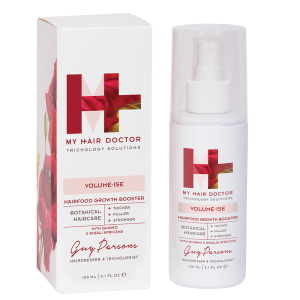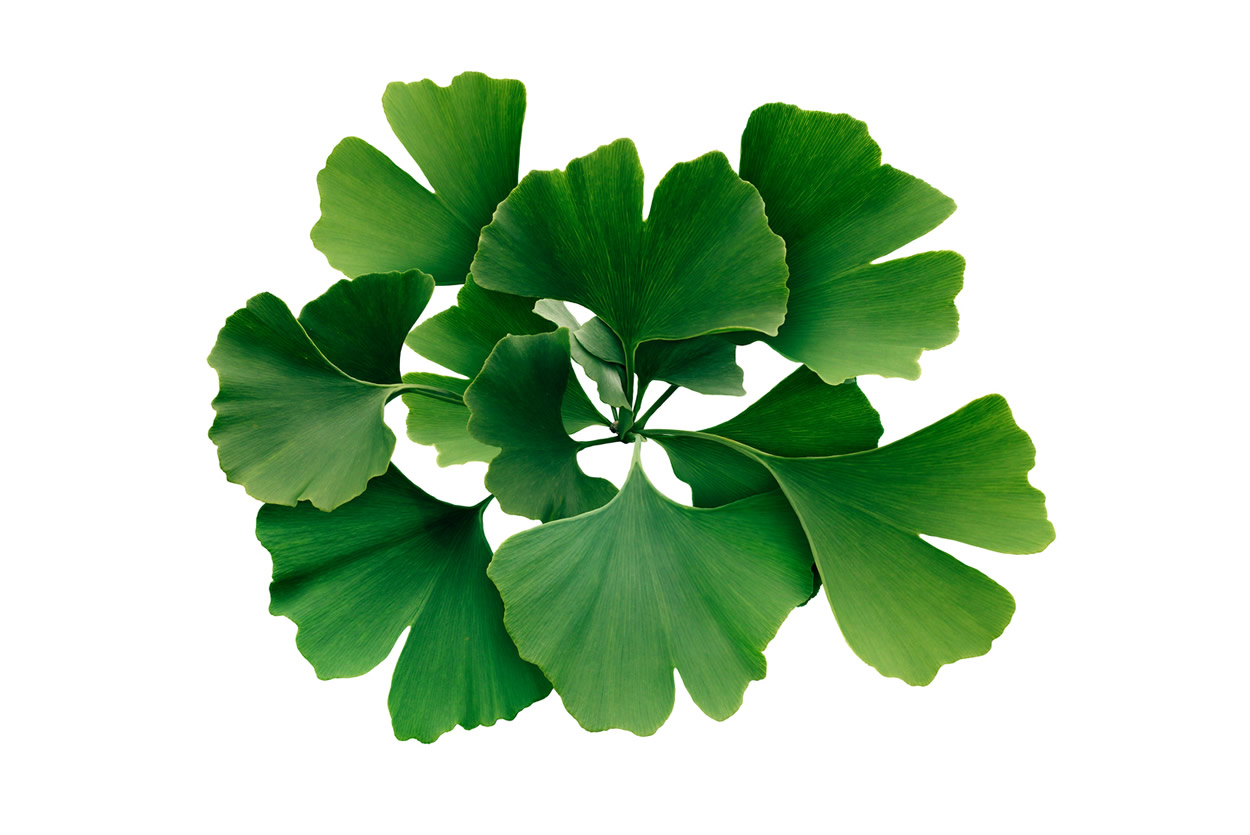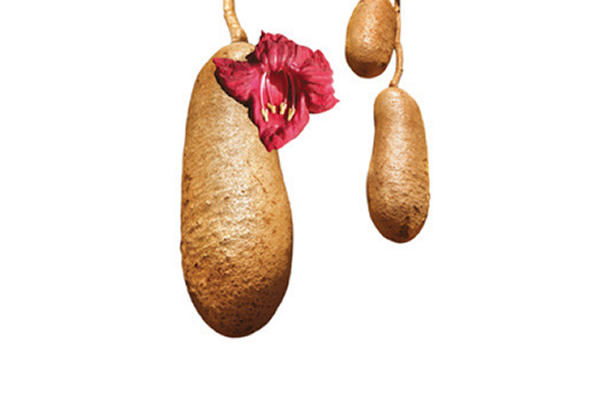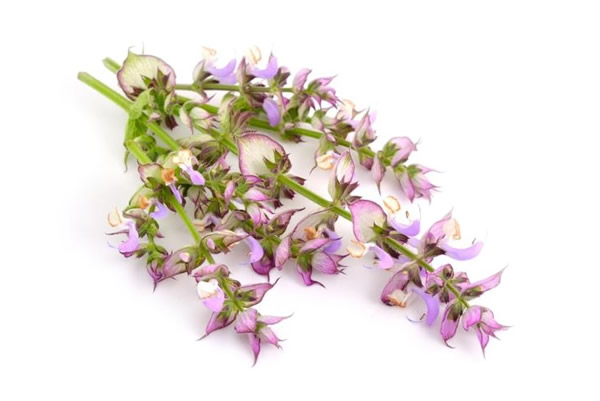-
×
 VOLUME-ISE HAIRFOOD GROWTH BOOSTER 150ML
1 × £26.00
VOLUME-ISE HAIRFOOD GROWTH BOOSTER 150ML
1 × £26.00
Subtotal: £26.00
Suffering from hair loss can be a disheartening and upsetting experience for most women. Unfortunately, during the menopause it can often occur due to plummeting levels of oestrogen and an increase in testosterone. In this page, Guy Parsons addresses why this unhappy symptom occurs and what herbal remedies can be used to encourage hair growth.
An introduction to hair loss and menopause
 Many women suffer from hair loss when going through the menopause. Every person naturally loses between 50 and 100 hairs a day. If you begin to lose more than this, you may notice areas of baldness on your scalp, clumps of hair coming out when you wash or brush your hair, or thinning of hair around the front and sides of your scalp. As well as this your hair and skin may appear dull, dry and thin. The average age for menopause is fifty (50), but changes to your hair may well begin before then.
Many women suffer from hair loss when going through the menopause. Every person naturally loses between 50 and 100 hairs a day. If you begin to lose more than this, you may notice areas of baldness on your scalp, clumps of hair coming out when you wash or brush your hair, or thinning of hair around the front and sides of your scalp. As well as this your hair and skin may appear dull, dry and thin. The average age for menopause is fifty (50), but changes to your hair may well begin before then.
Hair is made from keratin, the same material as nails. This is produced by cell structures known as hair follicles lying beneath the scalp and the hair that people wash, brush and style is actually the dead secretions from these follicles. Individual strands of hair can stay on the head for up to six years before falling out.
Why does menopause cause hair loss?
Although most people wouldn’t automatically think of hair loss as a menopause symptom, the hormonal changes which the menopause causes can have all sorts of unexpected effects on the body. The hormones oestrogen and testosterone have the most important influence on hair growth. During the menopause, levels of oestrogen decrease. This hormone is important for promoting hair growth. While oestrogen levels drop, testosterone levels increase disproportionately. This causes the hair that does grow to be thinner than before, and can also cause facial hair. Reduced oestragen levels may also mean your hair may not grow as long, oestragen is responsible for keeping your hair in the growing phase.
Androgens (male hormones) and your hair during menopause.
Androgens are male hormones. They are found in women as well as men, but to a lesser degree. Menopause causes androgen levels to increase, which can in turn trigger thinning of the hair on your scalp and cause extra facial and body hair. Androgens do not necessarily decrease your number of scalp hairs, but reduce their diameter and length. The result is a loss of volume or ‘body’. Your hair may not be falling out more, or failing to grow back – but the replacement hairs are weaker and finer. However, there are other causes of hair loss. These include factors as simple as what you eat to more serious issues such as stress, certain illnesses and medication. It is important to get to the root of the problem in order to find the most effective treatment. Diet, lifestyle and home remedies for hair loss There are few women who would be willing to sit back and watch their hair fall out. Instead, a number of home remedies can be employed alongside herbal or conventional remedies to make sure that your hair is kept as healthy as possible.
Stress at this time of your life will not help improve your head of hair, so if you feel you are not coping, face up this issue rather than ignore it. If you think your hair loss is caused by medication, seek help and advice from your doctor or trichologist.
What about conventional medicine?
There is a range of hair loss treatments that a doctor may prescribe or recommend to help with your symptom. If the menopause is the cause of your hair loss, your doctor may ask you to consider taking HRT. However, it is important to understand the benefits and side-effects of this treatment. If you are worried about your condition or and concerned that it may be caused by an underlying health condition, seek medical advice.
Hormone Replacement Therapy
Hormone Replacement Therapy (HRT) restores post-menopausal oestrogen levels to average premenopausal levels. This reduces your risk of osteoporosis and alleviates menopausal symptoms, including hair thinning and/or loss. However, it is very important that you weigh the risks with the benefits. Studies have shown that HRT increases your chance of breast cancer, heart problems, mood swings, uterine cancer and endometriosis. The percentages of those affected are small, but they exist. Choosing between varieties of HRT can be confusing and complicated. Few doctors or gynaecologists understand the effect that each HRT treatment has on your hair, or they do not consider it at all. Some HRTs can be bad for your hair, while others can be very beneficial.


GINGKO
Working with Kigalia and Clary as an original blend of 3 plants acting synergistically and allowing scalp toning and limiting hair loss. They act on factors avoiding hair loss including 5-alpha-reductase inhibition, scalp microcirculation improvement and to decrease inflammation contributing to Seborrhoea (oiliness) which can block scalp follicles inhibiting growth.


KIGALIA AFRICANA
Working with Gingko and Clary as an original blend of 3 plants acting synergistically and allowing scalp toning and limiting hair loss . They act on factors avoiding hair loss including 5-alpha-reductase inhibition, scalp microcirculation improvement and to decrease inflammation contributing to Seborrhoea (oiliness) which can block scalp follicles inhibiting growth.


CLARY
Working with Kigalia and Gingko as an original blend of 3 plants acting synergistically and allowing scalp toning and limiting hair-loss. They act on factors avoiding hair loss including 5-alpha-reductase inhibition, scalp microcirculation improvement and to decrease inflammation contributing to Seborrhoea (oiliness) which can block scalp follicles inhibiting growth.